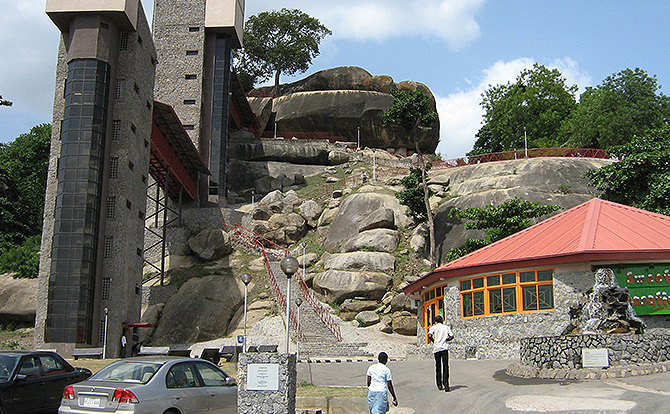Nigeria is a beautiful and diverse country with a lot to offer visitors, from its stunning scenery and vibrant culture to its rich history and delicious food. However, Nigeria can also be a relatively expensive country to visit, especially for travelers on a tight budget.
But don’t worry, it is still possible to have a wonderful and affordable trip to Nigeria. Here are a few tips:
1. Plan ahead and book your flights and accommodation in advance. This will give you the best chance of finding good deals. There are a number of budget-friendly hotels and guesthouses available throughout Nigeria, and you can also find affordable accommodation on Airbnb and Couchsurfing.
2. Consider traveling during the off-season. Airfares and accommodation rates are typically lower during the off-season, which is typically from May to September.
3. Take advantage of free and low-cost activities. There are a number of free and low-cost activities to enjoy in Nigeria, such as visiting museums, exploring markets, and attending cultural events. You can also find a number of free walking tours in major cities like Lagos and Abuja.
4. Eat at local restaurants and street food stalls. Nigerian food is both delicious and affordable. Local restaurants and street food stalls offer the best value for your money.
5. Use public transportation. Public transportation in Nigeria is relatively inexpensive and efficient. You can get around by bus, taxi, or tricycle (keke napep).
6. Get a local SIM card. This will allow you to make and receive calls and texts at a fraction of the cost of using your international SIM card.
Here is a sample itinerary for a 7-day budget-friendly trip to Nigeria:
Day 1: Arrive in Lagos and check into your hotel. Spend the afternoon exploring the city’s vibrant markets, such as Balogun Market and Tejuosho Market. In the evening, enjoy a delicious and affordable meal at a local restaurant.
Day 2: Visit the National Museum Lagos to learn about Nigeria’s rich history and culture. In the afternoon, take a free walking tour of Lagos Island. In the evening, enjoy a traditional Nigerian dance performance at the Terra Kulture center.
Day 3: Take a day trip to the Lekki Conservation Centre, a nature reserve where you can see monkeys, crocodiles, and other wildlife. In the afternoon, relax on the beach at Lekki Peninsula.
Day 4: Travel to Abuja, the capital of Nigeria. Check into your hotel and spend the afternoon exploring the city’s main attractions, such as the National Mosque, the National Christian Centre, and the Aso Rock Presidential Villa. In the evening, enjoy a delicious meal at one of Abuja’s many rooftop restaurants.
Day 5: Visit the Zuma Rock, a massive monolith that is one of Nigeria’s most iconic landmarks. In the afternoon, visit the Millennium Park, a beautiful urban park with lakes, gardens, and a children’s playground. In the evening, enjoy a traditional Nigerian barbecue at a local suya spot.
Day 6: Take a day trip to the Ibbagwu Caves, a network of limestone caves that are home to bats, snakes, and other wildlife. In the afternoon, visit the nearby Oguta Lake, where you can go swimming, boating, and fishing.
Day 7: Depart from Abuja.
This is just a suggested itinerary, and you can customize it to fit your interests and budget. For example, if you are interested in history, you could spend more time visiting museums and historical sites. If you are interested in nature, you could spend more time visiting national parks and nature reserves. And if you are on a tight budget, you could eat at street food stalls more often and use public transportation instead of taxis.
No matter what your interests are, you are sure to have a wonderful and affordable trip to Nigeria.










